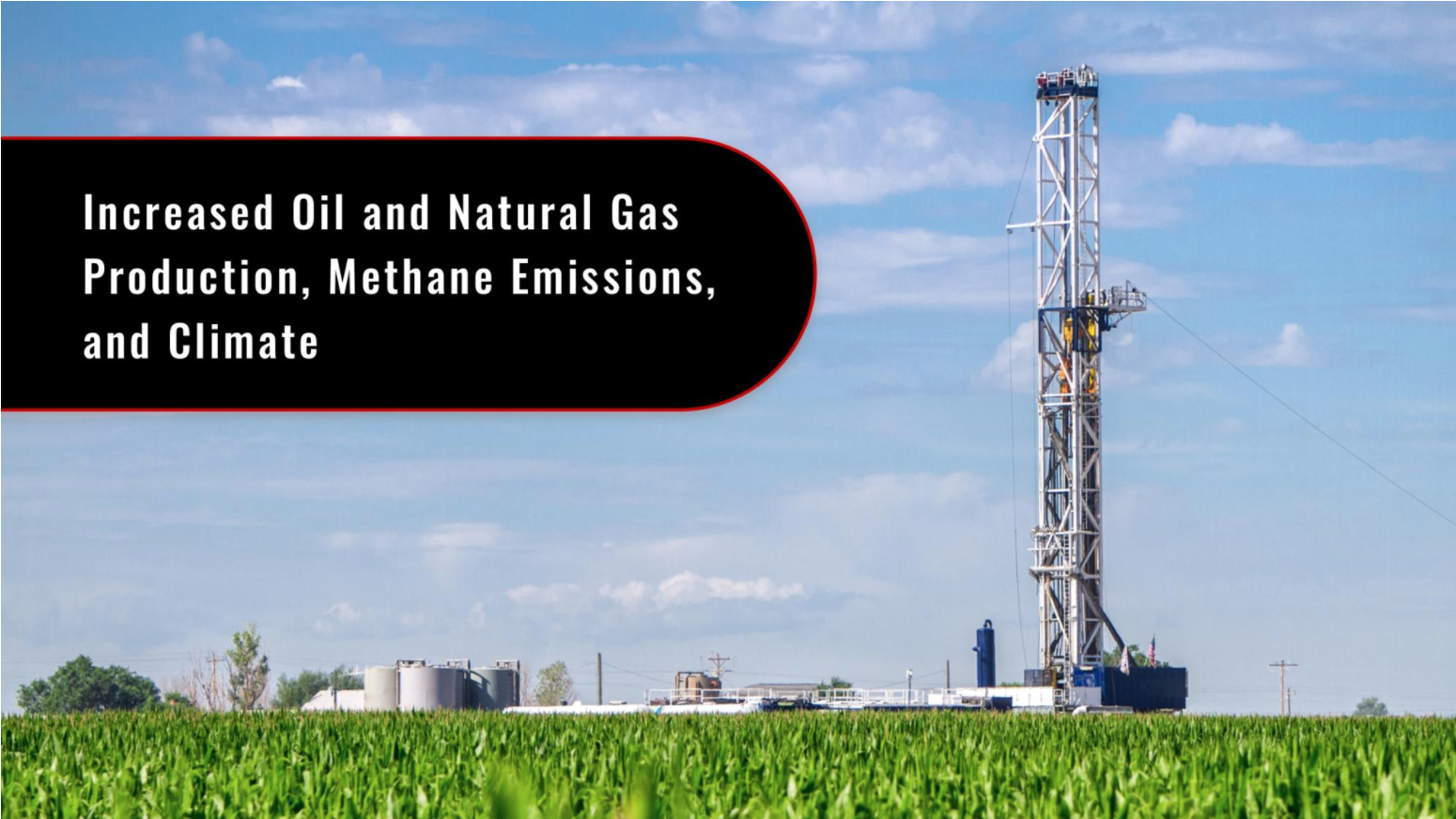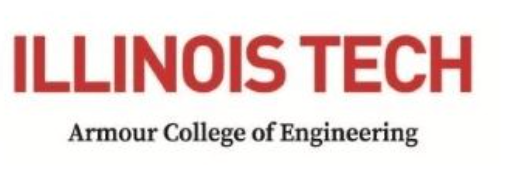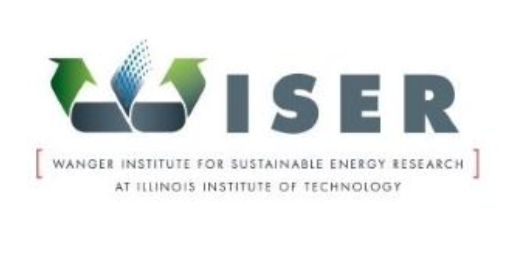This program is part of the IIT Distinguished Lectureship Series (VIRTUAL).
Hydrocarbon products derived from horizontal drilling and hydraulic fracturing of shale formations (shale gas and shale oil) have greatly expanded U.S. oil and natural gas production, and have made the United States the world’s largest natural gas and petroleum producer. Collectively, these resources have transformed North America’s energy landscape.
However, the environmental impacts associated with ‘‘fracking’’ for shale gas and oil have made the process controversial. This presentation will focus on one of the environmental issues associated with shale gas and oil production: the emissions of methane, a potent greenhouse gas. Data from recent field studies will be summarized and the role of “super-emitting” sources will be described. Super-emitting sources are often due to equipment malfunction, so quickly identifying and repairing these sources can significantly reduce emissions. The potential role of continuous emission measurements in identifying super-emitting sources will be described and the design and deployment of a first of its kind methane sensor network in the Permian Basin of West Texas will be discussed. Finally, the presentation will conclude with a discussion of sustainability in engineering education. Most engineering programs in the United States now incorporate concepts of sustainability, in some way, into their educational programs. The diverse educational practices used to address sustainability in engineering curricula will be described. The summary will be based on a survey of more than 1,500 Department Chairs and Program Heads from 366 engineering colleges in the United States and will be integrated into a proposed body of knowledge on sustainability, suitable for incorporation into engineering curricula.
Event Details
Wednesday, March 23rd from 3:30-4:30 pm CT via Illinois Tech YouTube.
To access the live program, click here
You may also participate in the chat Q&A session or make a comment by clicking here.

 Gertz Regents Professor of Chemical Engineering & Director of the Center for Energy and Environmental Resources
The University of Texas at Austin
Member, U.S. National Academy of Engineering
Gertz Regents Professor of Chemical Engineering & Director of the Center for Energy and Environmental Resources
The University of Texas at Austin
Member, U.S. National Academy of Engineering
